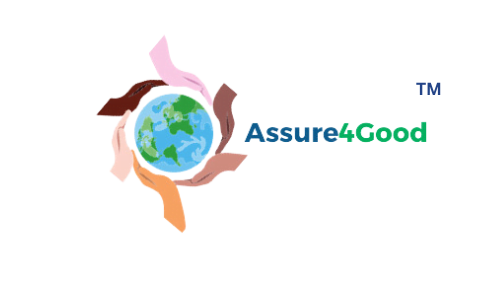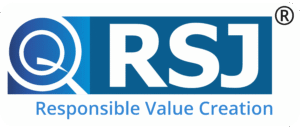Frequently Asked Questions: Unlocking the Path to Social Compliance Auditing with RSJ’s SCA Program
Discover the ins and outs of becoming a Social Compliance Auditor through RSJ’s comprehensive SCA Program. Explore FAQs to unravel the application process, eligibility criteria, program benefits, and how RSJ is bridging the demand-supply gap for qualified auditors in India. Get ready to enhance your career and drive ethical business practices!
What are the in-depth requirements for audit logs?
How many audit logs are required?
How many hours are required for audits?
What should be covered in the audits?
What types of audits are required (e.g., social, environmental, chemical, health and safety)?
What types of audits are required (e.g., social, environmental, chemical, health and safety)?
How much experience is required for conducting audits?
What types of company audits are required (e.g., textile industry, manufacturing company)?
Is there any part III training, webinar, or help planned through RSJ?
Will any format or specimen of documents (e.g., NOC or audit log) be provided?
What type of company audit is required: first-party or third-party?
Are there links and details provided by RSJ for applying to APSCA via any medium?
Does it is mandatory for the candidates needs to associate with third party to register on APSCA?
Where can the professional 5-day social audit training be completed?
Does any third party provide the 5-day training?
Which types of auditing companies can apply?
What is the demand or scope of this exam and APSCA certification?
How can the APSCA exam be helpful for a career?
What details should be included in the audit log? How should it be created and signed?
After enrolling in APSCA, how long must one wait before providing consultancy services?
Is it possible to register without a certifying body (third party)?
Should all the audits in the audit log be social audits?

